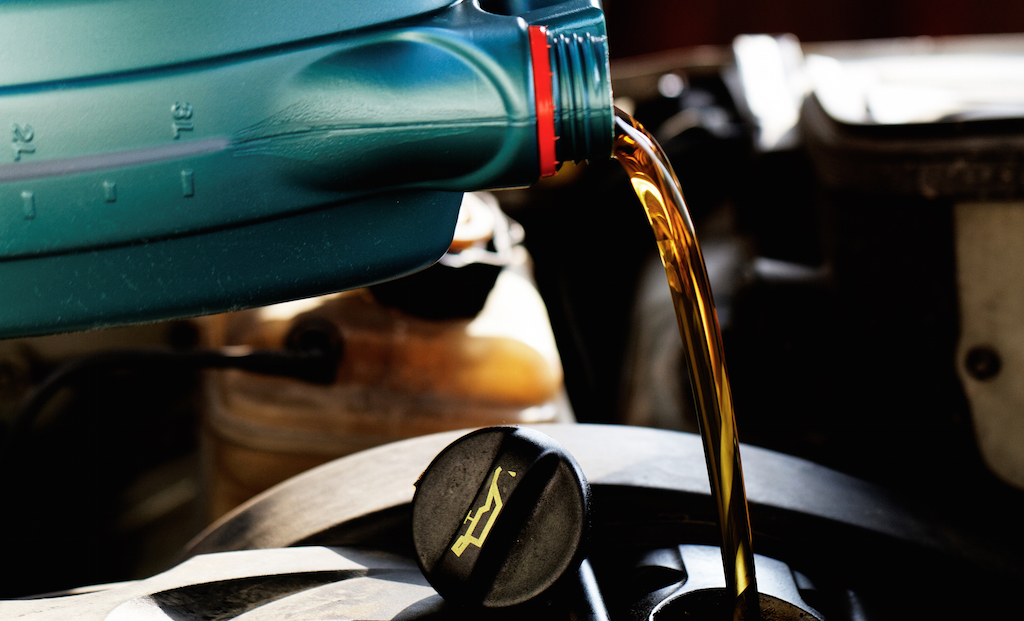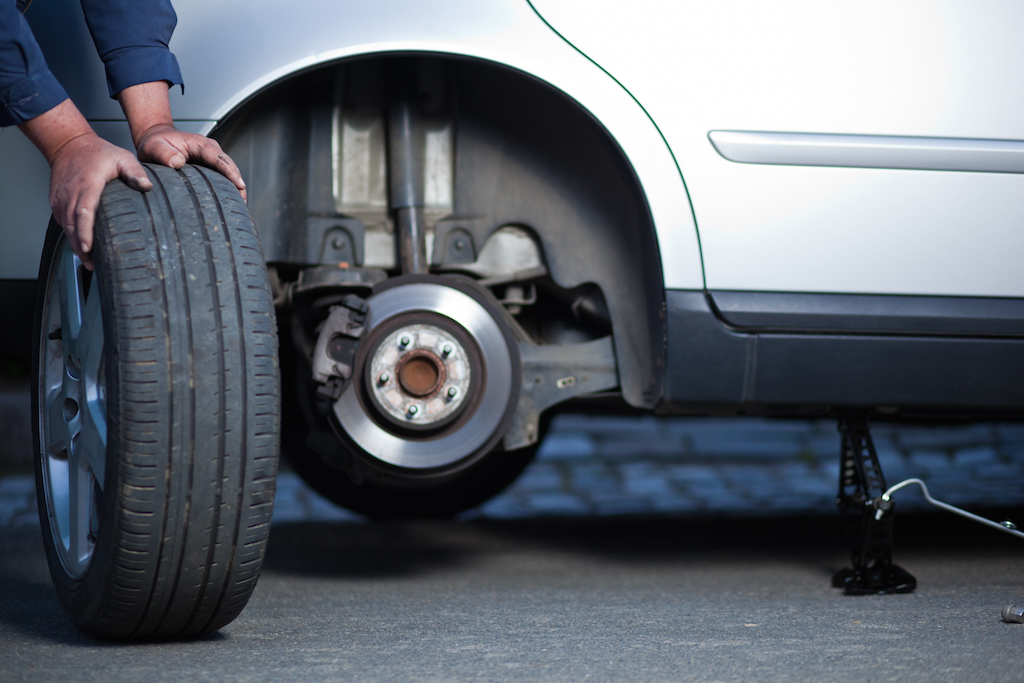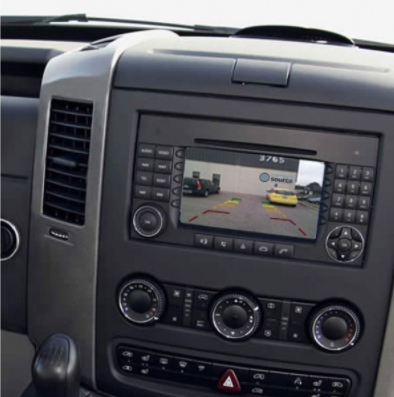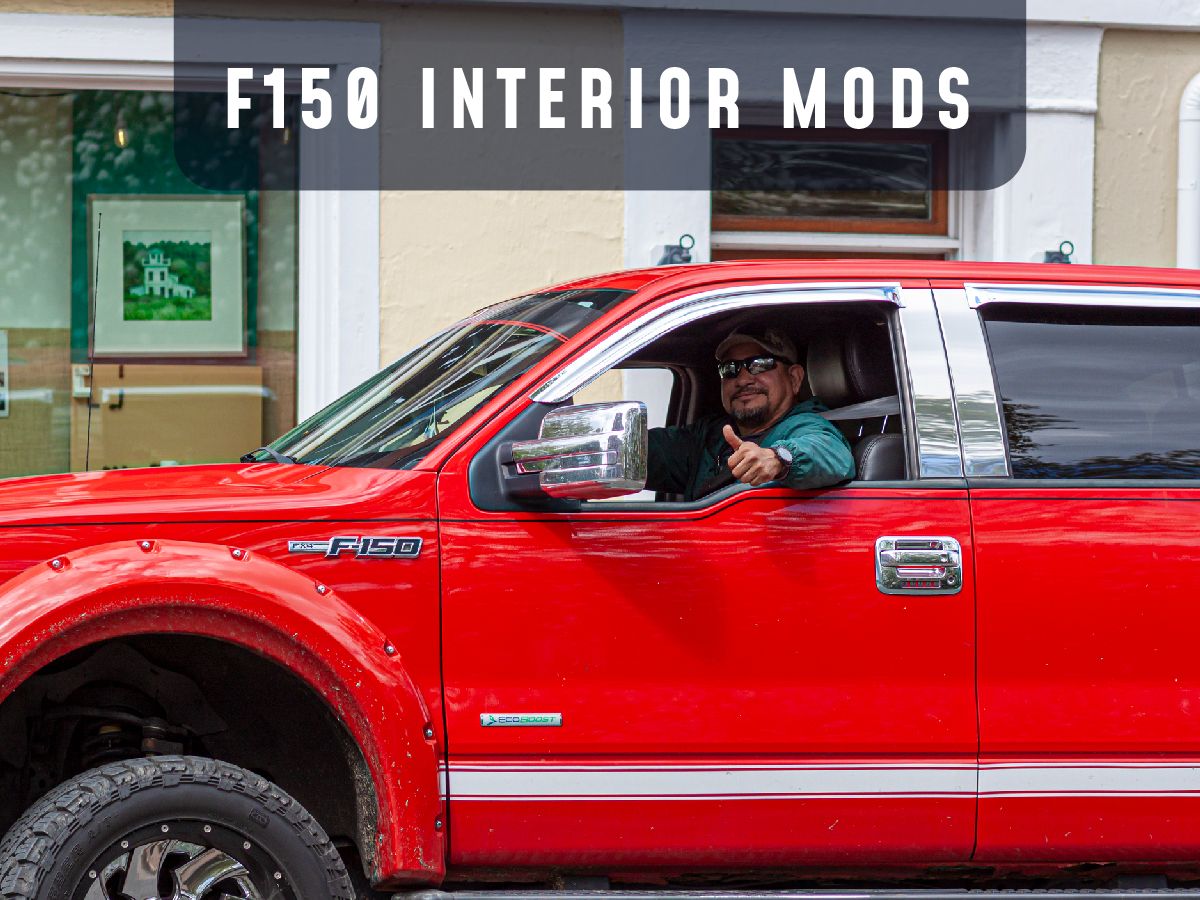Preparing your car ahead of time for your summer road trip would ensure that your trips are relaxing and stress free. It will also protect you and your family from unforeseen circumstances that may endanger your trip or your lives. By following these few simple steps, you can ensure that the only complaints you will hear during your trip will be your kids asking if they are there yet.

Respect Your Oil
Traditional advice suggests that for the summer months, you switch to a heavier oil. Modern cars, however, are more advanced than cars of yesteryear and require specific oil. A modern engine is designed to function in a wide array of temperatures and weather conditions without needing a change in oil weight. If your car is fewer than 15 years old, you should ensure that the viscosity of the oil you are using for your car matches the manufacturer’s specifications, which can be found on the driver’s door or in the owner’s manual.
If you have been putting off changing your car’s oil because of the cold weather, it is time to buckle down and get it done. Not having your car’s oil changed on a regular basis can cause excessive engine wear and may lead to expensive repairs down the road. Make sure that you check the oil level regularly and top it off when needed; do not wait for a warning light or a scheduled oil change to tell you to check your engine’s lubrication.
Know Your Fluid Levels
Your car’s cooling system does more than keep you comfortable during the hot summer months. It is an essential part of keeping your engine cool enough to run without seizing up. At a running temperature of 200°F, your cooling system is best equipped to protect your engine from rust, the motor oil losing viscosity, and losing fuel combustion efficiency.
At 250°F, however, your engine may overheat, endangering your car and those riding inside of it. This is why coolant levels are so important in the summer. When checking your coolant system, you should:
- Make sure the radiator is cool. When warm or hot, the radiator is under pressure, which could lead to coolant burns and damage to the radiator;
- Check your radiator and coolant hoses for cracks and leaks, and ensure that all connections are secured; and
- Add coolant when the reservoir level is below the halfway mark. Never add 100 percent antifreeze to your coolant system. Ensure that you are using a 50/50 mix of antifreeze and water or a pre-diluted blend.
It is also important that you check the other fluids in your vehicle, including the power steering, windshield wiper, brake, and transmission fluids.
Check the Tires

Control over your car centers around your tires—the only part of the system that actually touches the road. With your vehicle only having four points of contact with the pavement at any given time and with those points of contacts constituting less space than a sheet of notebook paper, it is essential that your tires be in good condition.
It is important that your treads are deep enough for proper traction. A quarter inserted between the treads upside-down should keep the top of George Washington’s head hidden on tires with proper wear. Your tire pressure should also be maintained. The tire pressure listed on the side of the tire is the maximum that the tire can withstand and not the suggested pressure. Look in your car’s owner’s manual to find the suggested pressure. Finally, check your spare tire for leaks, and keep it inflated. Properly maintaining your spare can save you and your family an uncomfortable wait for roadside assistance.
Inspect the Air Conditioning System
Air conditioning is as essential for a good summer road trip as sunblock and an available cup holder are. With temperatures that can exceed 100°F, a functioning air conditioner can do a lot toward keeping the inside of your car comfortable. However, just like any other system in your car, your A/C must be routinely checked.
Start by checking for a worn or damaged belt. Should the belt break, your compressor will not work, and your air conditioner will fail. A mechanic should check the coolant levels at the start of the summer, and, if needed, additional coolant should be injected into the system. Air conditioner coolant is toxic, so it should only be handled by a knowledgeable person.
Be Safe

The worst way to end a road trip is with an accident. A little caution and preparation can go a long way in avoiding a major accident.
According to Kids and Cars, 50 children are backed over in the United States every week by drivers who could not see them. Regardless of the size or shape of the car, every vehicle has blind spots immediately behind and in front of it where the driver does not have a clear line of sight. This creates a situation where drivers are literally blind to potential hazards and bystanders in the vehicle’s path.
By May 2018, it will be mandatory for new cars to have backup cameras. For older cars, adding an aftermarket backup camera is a great way of improving the safety of the vehicle at an affordable price. It is easy to find a camera that offers the options and features you seek at on online vendor such as Camera Source, a one-stop for all of your aftermarket camera needs.
In addition, if your headlight lenses are yellowed or hazy, it would be a good idea to clean them. Cleaning kits are available at your local auto parts store. A clean headlight lens passes light more efficiently, allowing for better illumination when driving at night. Upgrading your headlight bulbs to halogen bulbs will also improve the quality of your headlights’ shine.
Be Prepared
We all hope that our trips are emergency free, but one should be prepared for the worst. You should ensure that your vehicle has, at minimum, a gallon of water per person, basic hand tools, jumper cables, scissors or a camping knife, flashlight with extra batteries, a pavement tarp, gloves, a tire pump, mandatory medication, a smartphone charging cable, basic first aid, and a supply of non-perishable food.
By following these simple steps, you will be prepared to hit the roads with fewer worries. Driving is supposed to be fun; taking precautions ahead of time can assure that your road trips this summer stay that way.








